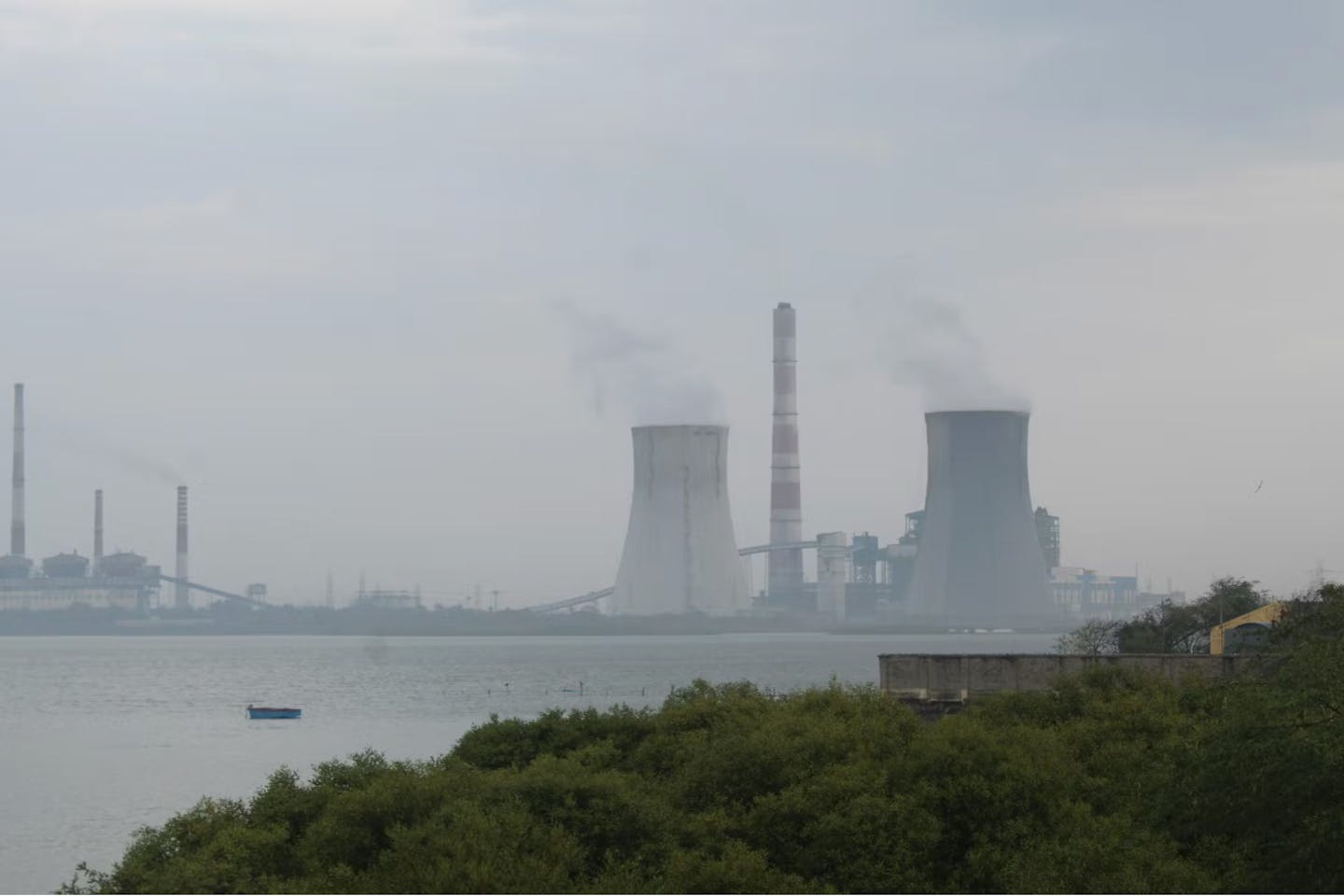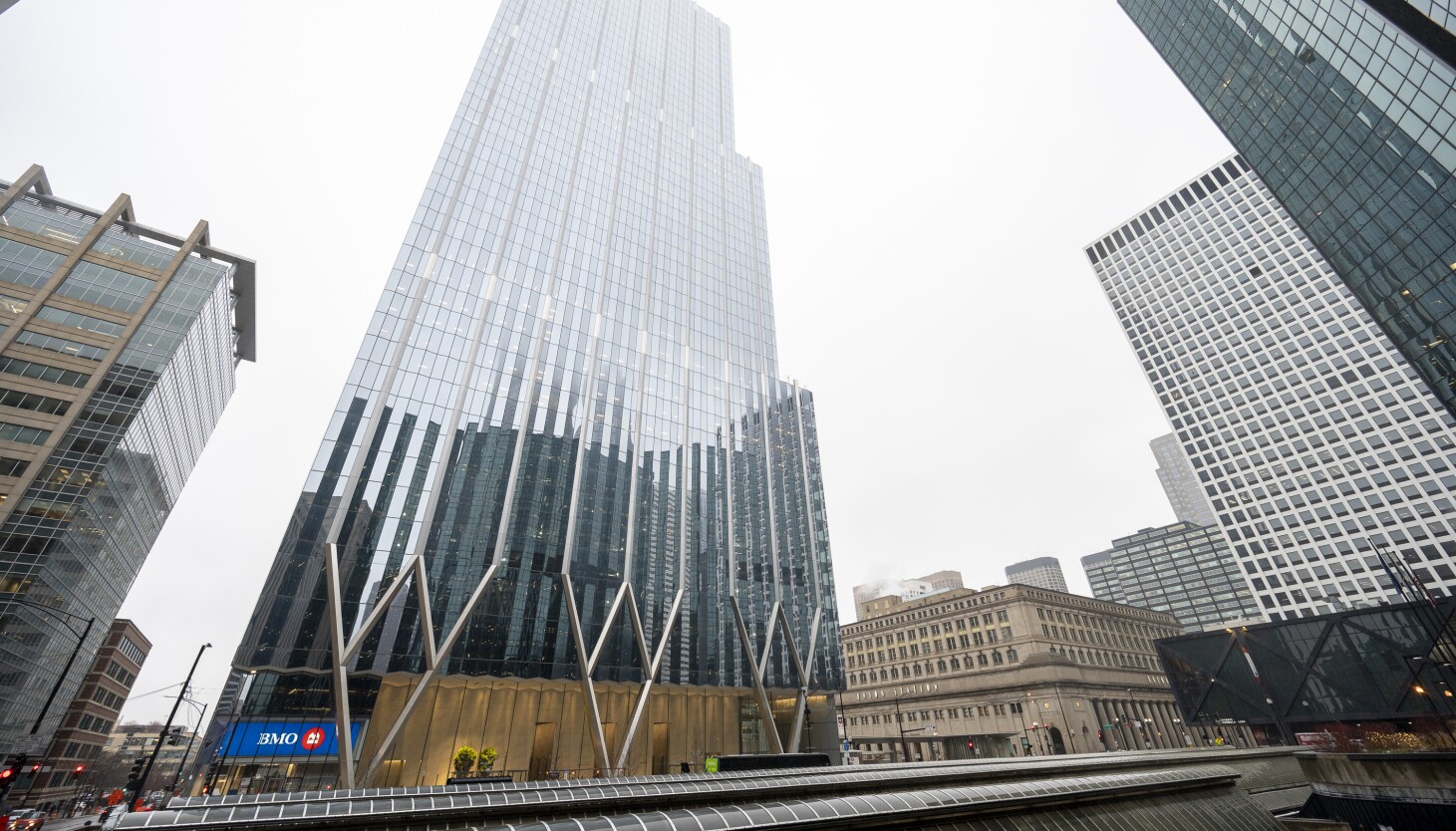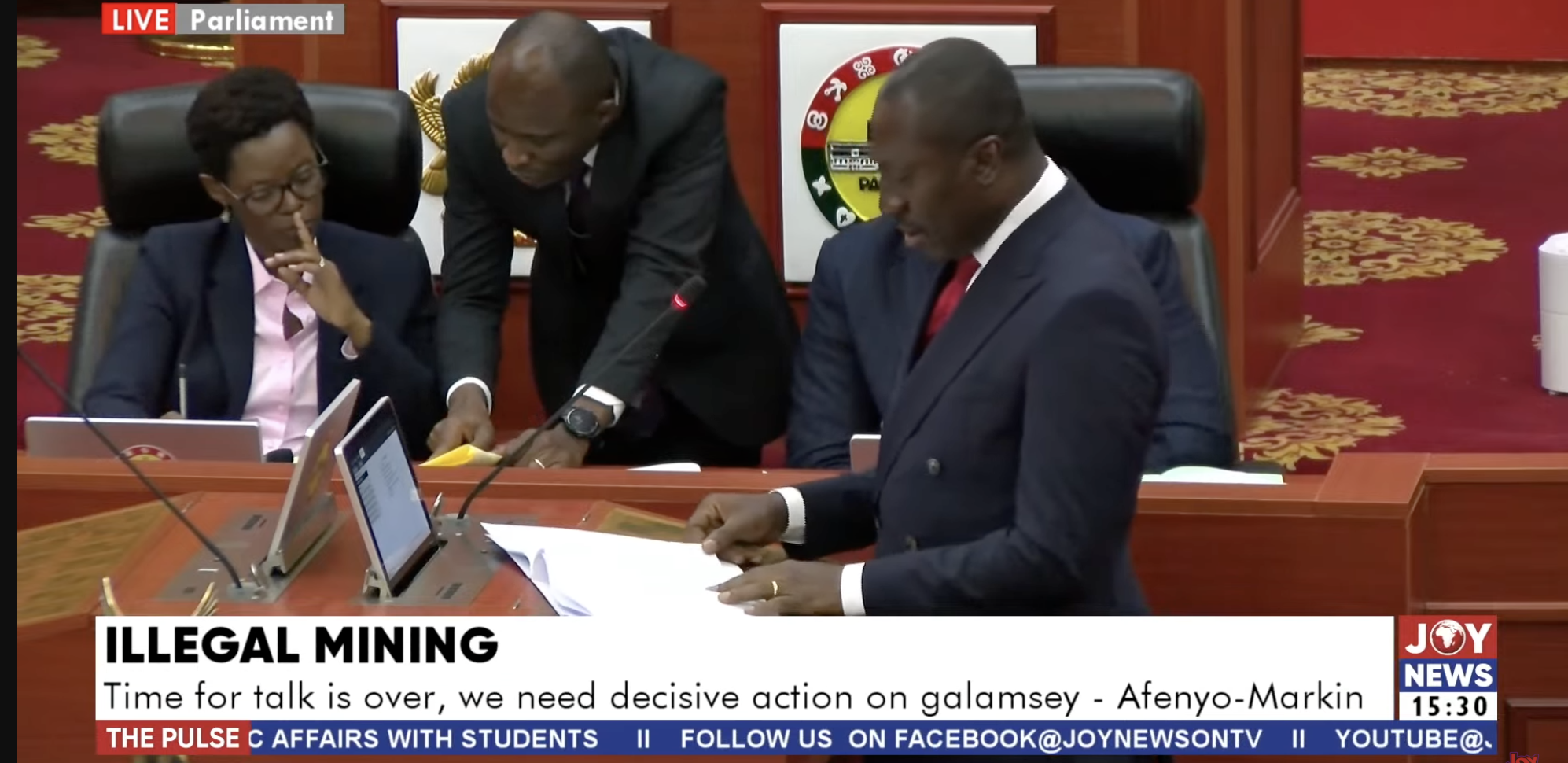Copyright eco-business

Despite headwinds from a United States-led policy slowdown, Asian financiers say the region remains broadly committed to its climate goals and that capital continues to flow into sustainable finance. Speaking at the Unlocking capital for sustainability summit in Singapore on Tuesday, Eric Lim, chief sustainability officer at United Overseas Bank (UOB), Southeast Asia’s third largest bank, said that headlines about an “ESG backlash” have not inhibited one of the world’s fastest growing regions for sustainable finance in 2025. “We are 10 months into 2025 and the good news is there’s a huge difference between the headlines – which talk of this pullback – and the real business on the ground,” said Lim, noting that UOB’s sustainable finance portfolio has grown over 20 per cent year to date. UOB has a target of achieving net zero emissions by 2050. Lim said that the Net Zero Banking Alliance – a banking industry net-zero group formed after the COP26 climate talks that collapsed following member exodus last month – had been important to “get everyone on the same page”, but the conversation about sustainablity in the financial services sector has “matured” this year to focus on sustainable development, business and technology. “We moved away from net zero target-setting into the real business of how you decarbonise, transition, and finance a lot of the activity,” he said. Mike Ng, chief sustainability officer for OCBC, Southeast Asia’s second largest bank, said he sees a similar story playing out. “Given the current environment, we get asked whether we’re going to be sticking to our net zero commitments. Personally, I find those questions a little bit misguided, because when banks, corporates, even nations, commit to net zero, it’s really a long-term strategy,” he said. Pointing to OCBC’s key markets of Singapore, Malaysia, Indonesia and China, Ng said that “directionally, when it comes to sustainability and climate action, they have not changed very much.” “Just look at China – it has reoriented its economy around net zero as an economic strategy. Over the past 10 years, it has built technology capability and become the leading exporter of clean technologies. In the first seven months of this year alone, China exported US$120 billion in green technologies, compared to US$80 billion from the US. China is actually killing it.” While the headlines look a bit scary, all of our key clients have continued to pursue sustainability investments and business models. Eric Lim, chief sustainability officer, UOB That momentum is playing out in Southeast Asia too, Ng suggested. “In Singapore, the conversations on climate change haven’t changed much – we’re still pushing on low-carbon electricity imports and pilot projects in carbon capture, utilisation and storage, as well as hydrogen,” he said, adding that OCBC’s large and smaller clients “are still very much focused on decarbonisation.” Ng said that OCBC’s net zero pledge – also for 2050 – is a long-term play that guides how the company shapes its loan and investment portfolios, the products it rolls out, and the sectors it bets on. “It was never going to be a one-off sprint – it’s a long marathon to 2050, and we’re continuing to run it.” Joanne Khew, head of sustainability for Eastspring Investments, said she sees a similar picture in the investment sector. “Sustainable finance and investment right now is moving from pure vision-setting to the need to understand execution,” she said. “When we look at our own practices, we also do not see significant pullback from our clients.” Their comments come in the same week that a study by the United Nations’ Principles on Responsble Investment found a record global slowdown in climate policy momentum over the last three months in the wake of policy reversals in the US. The most significant climate policy decelerations since June have been in Australia and India. Pragmatism and coal phase-out Ng called for a “stocktake” of global net zero pathways to ensure net zero targets remain achievable. “For sectors like renewable energy or electric vehicles, those targets are still okay. But for aviation, shipping, steel, cement, even oil and gas, the news has not been that good,” he said, adding that the International Energy Agency (IEA), an industry body that charts energy trends, should reassess its decarbonisation pathways for industry. OCBC uses the IEA’s decarbonisation pathways for its net zero target, which cover high-emissions sectors such as power, oil and gas, real estate, steel, aviation and shipping. “The more unrealistic they are, the less likely financial institutions and corporates will commit to them,” he said. Lim also voiced support for pragmatism around investment in low-carbon technologies. “Where sustainability and commercial common sense collide, investments will carry on,” he said. “When we talk about green data centres, energy transition, electrification of transport – where the technologies are mature and commercialisable – those trends will continue because they make business sense.” However, he added that technologies that were “running on the fumes of idealism” may be deprioritised. Ng noted that limited progress has been made on coal phase-out in Southeast Asia, partly because of unease over who will shoulder the financial burden of shortening the lifespan of coal-fired power plants. This has historically fallen on state-owned utilities such as Indonesia’s PLN and EVN in Vietnam, which are bound to long-term contracts to provide electricity, he noted. “When I first heard about coal phase-out [in 2022], I thought it was a pretty elegant initiative. Then the first thought that came to mind was, who is taking the [financial] pain?” said Ng, adding that coal is an important part of the economy in Indonesia, providing employment for hundreds of thousands of people. “Until these issues are thought through better, and the alignment of interest incentive systems are worked through, it’s going to be very difficult for us to scale-up coal phase-out,” he said. Around Southeast Asia, there are only a handful of examples of coal-fired power stations retiring early, although new financial instruments such as transition credits are being tested to phase out the fossil fuel, which accounts for about 60 per cent of the region’s energy consumption. Ng said that Global North countries should provide the funding needed to close coal plants early in the form of grants or cheap loans, and enable host countries to first phase in renewable energy “before we talk about phasing out coal.” Wealthy nations committed to help phase out coal in Indonesia and Vietnam through the Just Energy Transition Platform (JETP) in 2022, although the mechanism has hit by the withdrawal of US$3 billion in US funding earlier this year after the election of President Donald Trump.



